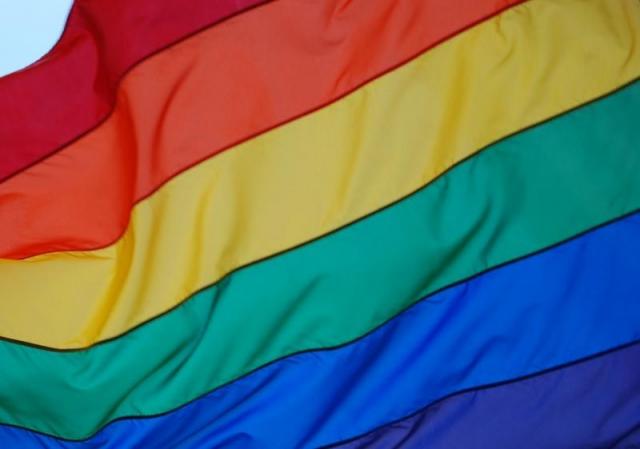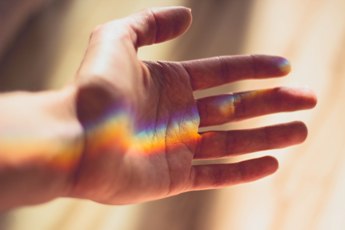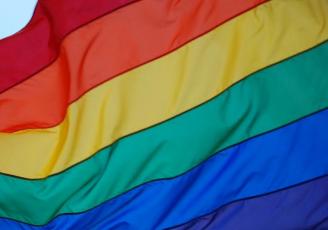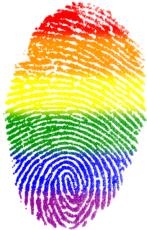Counting Ourselves: First comprehensive national NZ survey on transgender health and wellbeing
Mon 07 Oct 2019
The first report has been released from the Counting Ourselves survey on the health and wellbeing of trans and non-binary people.
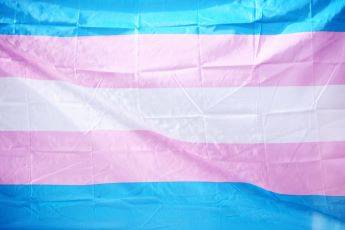
Counting ourselves: The health and wellbeing of trans and non-binary people in Aotearoa New Zealand provides an overview of key findings from the survey.
This includes data on sexual violence, and some abusive relationship behaviours specifically related to being transgender or non-binary.
The survey found trans women, trans men and non-binary participants all reported high rates of experiencing sexual violence.
When comparing the results against the New Zealand Health Survey, participants had experienced someone having had sex with them against their will at rates two to three times higher than that for women in the general population and seven to 12 times higher than for men in the general population.
Disabled participants were more likely (49%) to report that someone had sex with them against their will.
Participants who reported this were twice as likely to have attempted suicide in the past year (18%) than participants who did not report this (9%).
The survey also asked whether people got support and if yes, who from:
Comments from participants include:
"Because I was viewed as male, they put me in male sexual abuse counselling, which just wasn’t suitable, but I was told the female one was inappropriate because ‘I looked male’." (Non-binary, adult)
"When I had to do the tier 3 level interview with the adult sexual assault team at the police, at no point did they ask my gender or correctly refer to my gender. The whole thing was traumatic enough, I didn’t bring it up at the time, but I wish I did." (Trans man, adult)
"I was rejected from a specialist service for being trans." (Non-binary, adult)
The following data is available on relationship behaviours:
Findings on discrimination and mental health and wellbeing include:
- Two-thirds of participants (67%) had experienced discrimination at some point. For close to a half of participants (44%) this had happened in the last 12 months – this was more than double the rate for the general population (17%).
- Five out of every seven participants aged 15 and older (71%) reported high or very high psychological distress, compared with only 8% of the general population in Aotearoa New Zealand.
- More than half of the participants (56%) had seriously thought about attempting suicide in the last 12 months. Almost two in five participants (37%) had attempted suicide at some point and 12% had made an attempt in the last 12 months.
- Participants who had experienced discrimination for being trans or non-binary were twice as likely to have attempted suicide in the past year (16%) than participants who did not report this discrimination (8%).
As well as the full report, the following shorter documents are available as PDF excerpts from the report and also in accessible Word versions from the Counting Ourselves website:
- Executive summary
- Conclusions and recommendations
- Media release for the launch of the community report
- 1 page disability summary of findings about trans and non-binary people with disabilities
The survey was conducted between 21 June and 30 September 2018. It was completed by 1,178 trans and non-binary people aged between 14 and 83 from all regions in the country.
The project is led by researchers who are transgender. The core research team is based at the University of Waikato and includes academic staff and students who are trans, non-binary and cisgender.
The resarch team plans to publish and present the findings in more detail in future academic articles, community publications and conferences.
Update: The Human Rights Commission published the report PRISM: Human Rights issues relating to Sexual Orientation, Gender Identity and Expression, and Sex Characteristics (SOGIESC) in Aotearoa New Zealand - A report with recommendations in June 2020.
Related research - Australia
The report from the Australian Trans and Gender Diverse Sexual Health Survey has been released.
The survey of 1,613 trans and gender diverse people found that 53.2% of participants reported experiencing sexual violence or coercion. This compares with 13.3% among a general sample of people in Australia (Australian Study of Health and Relationships, Sex in Australia 2, 2014).
Recommendations related to sexual violence are:
"a. Existing sexual violence support services should review their policies for working with and supporting trans and gender diverse people. The low rates of support-seeking in our survey suggest that trans and gender diverse people may struggle to find people or organisations to turn to following an experience of sexual violence or coercion. Enhancing the support offered by existing services is a crucial first step.
b. Community engagement and consultation is needed in order to identify and implement targeted models of support that are appropriate for trans and gender diverse people who experience sexual violence and coercion.
c. Detailed social research is needed to unpack the individual, interpersonal and structural factors that are driving such high rates of sexual violence and coercion among trans and gender diverse people. Such research must also attend to the perpetrators of this violence. Beyond dealing with the ramifications, it is essential that researchers and policymakers seek to identify the root causes of this disparity in order to develop interventions for victims and perpetrators as soon as possible."
Update: Gloria Fraser received a Community Research award for her work developing a resource for mental health professionals, to guide their work with rainbow clients. The resource is available for free at http://rainbowmentalhealth.nz/.
Related media
Mātauranga Māori needed to counter takatapuhi discrimination, Waatea News, 17.11.2020
Why support is urgently needed for our trans and non-binary communities, Stuff, 29.10.2019
Listen to the feminists doing the real work, not the distractions, Stuff, 20.10.2019
How our health system has severely failed trans and non-binary New Zealanders, Spinoff, 24.09.2019
Trans and non-binary health and wellbeing report reveals severe inequities, RNZ, 23.09.2019
Kiwi transgender and non-binary people at higher risk of suicide - survey, Stuff, 23.09.2019
Image: Sharon McCutcheon on Unsplash



